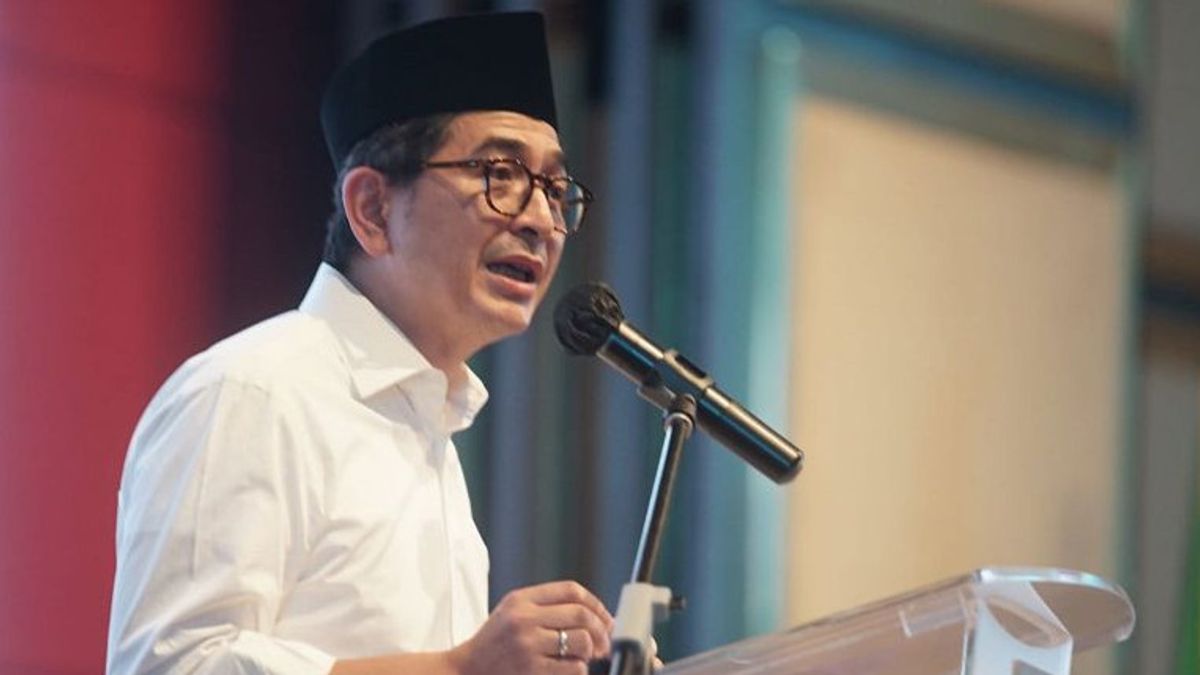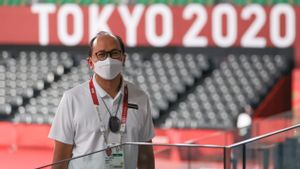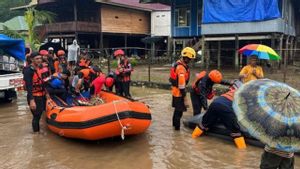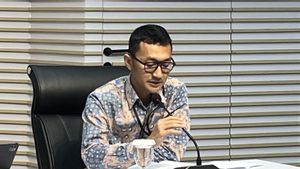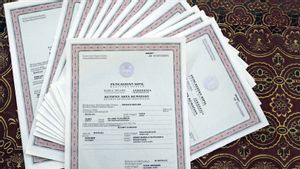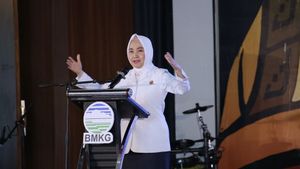JAKARTA - Chairman of the Indonesian Chamber of Commerce and Industry (Kadin), Arsjad Rasjid, revealed several challenges faced in Indonesia's economic growth which were divided into three aspects, namely in terms of resilience, productivity, and ecosystems that must be addressed.
Arsjad said, although the Indonesian economy has begun to show recovery from the impact of the pandemic, it still needs to deal with the existing challenges.
Arsjad highlighted that Indonesia's health system is still not strong, with health care costs at 2.9 percent of GDP. This figure, he said, is the lowest among ASEAN countries.
According to him, this percentage must be increased so that Indonesia can be more resilient in terms of public health which has an impact on quality human resources.
"Regarding the health industry, we must restructure the health industry and together build the health industry. And this is an opportunity with entrepreneurs", he said, quoted from Antara, Thursday, October 7.
In addition, Kadin also assesses that Indonesia still needs to increase the potential for new and renewable energy (EBT) to be independent in terms of clean energy which is a resource in the future.
He said that currently, Indonesia can only capture about 2 percent of the potential for geothermal, solar, wind, and water to be used as energy sources.
In terms of productivity, Arsjad also highlighted the implementation of the industrial revolution 4.0 which is still applied by 21 percent of large-scale industries. In fact, according to him, this era of digitalization, demands a technology-based industry.
Arsjad also mentioned that Indonesia needs to add workers in the information technology sector. Kadin noted that Indonesia has the potential to lack 9 million skilled and semi-skilled workers in the ICT sector by 2030.
SEE ALSO:
In terms of MSMEs, which support the economy as well as absorb 97 percent of Indonesia's workforce, said Arsjad, most of them still do not have access to finance because many are informal.
"Indonesian MSMEs are a power base, but they still have obstacles in terms of financial access", he said.
Arsjad also mentioned the ecosystem in doing business in Indonesia, which still needs a lot of improvement, especially in the field of logistics infrastructure and export costs.
"We are still ranked 136 out of 188 in terms of export costs and 46 out of 160 countries in terms of logistics infrastructure", he said.
According to Arsjad, challenges like these must be addressed immediately to be able to move towards a Golden Indonesia in 2045 which is sovereign, advanced, just, and prosperous.
The English, Chinese, Japanese, Arabic, and French versions are automatically generated by the AI. So there may still be inaccuracies in translating, please always see Indonesian as our main language. (system supported by DigitalSiber.id)
